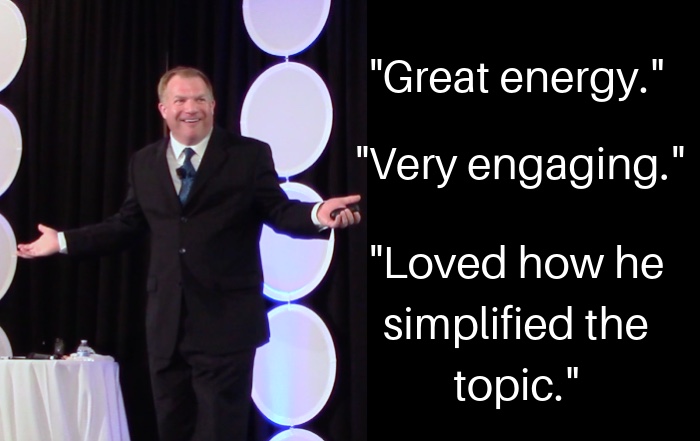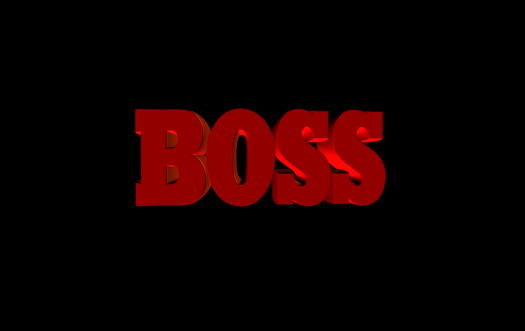 When people act like a knowledge snob, they can hurt teamwork and sabotage a business. At a time when leaders are having to make tough decisions or quick changes, having easy access to information is critical.
When people act like a knowledge snob, they can hurt teamwork and sabotage a business. At a time when leaders are having to make tough decisions or quick changes, having easy access to information is critical.
Ideally, knowledge should flow like a river in an organization. But for some, information becomes part of a turf battle and and people create dams for the water.
Does this really matter? A StressPulse survey found that 28% of work stress was made up of people issues. Do you want important projects to be slowed or employees distracted by knowledge snobs?
Consider whether you recognize any of these common challenges:
Withholding Information
In this scenario, everyone is waiting for some kind of result, like sales figures, and the person who has the information, doesn’t share it right away.
This may be part of a power trip or a reaction to being asking too often if the information has arrived. Either way, everything is in limbo until the announcement happens.
Timeliness is a key ingredient in group success.
Slow-Walking Knowledge Snob
Let’s say you’re working on a project and you need different departments to collaborate. One group has to provide some key figures, in order for the work to continue.
But the request keeps getting moved down that group’s list of priorities and the project stalls.
At best, this is happens due to an overwhelming workload. However, you suspect that it may be more out of malice. Perhaps that group is not as enthusiastic about the project as others and is slow-walking its contribution.
Mocking Ignorance
In this case, the information is shared in a timely fashion but a person or a group is made fun of for not knowing it. In a business, you will find people with different strengths and weaknesses. You can’t expect everyone to know everything and they should be able to ask a potentially obvious question without being mocked.
It’s smart to be gracious when sharing information, as you may find yourself needing help with one of your knowledge blind spots.
Making People Play Games
The communication mistake happens when a leader asks someone or a group a question. The boss wants a very specific answer. It’s not a rhetorical question and the answer is subjective. Here’s an example of how it happens:
Leader: “What’s the best way to get more sales?”
Employee #1: “More advertising?”
Leader: “No. What’s the best way to get more sales?”
Employee #2: “Have a great product?”
Leader: “No. What’s the best way to get more sales?”
Employee #3: “Lower prices?”
Leader: “No. The best way to get more sales is to call the customer by his or her first name.”
It’s highly unlikely any of the employees would have guessed this answer. It may have its merits but it could be argued the question has multiple good answers.
This kind of knowledge snob becomes exhausting over time. If you have information, share it freely. Don’t require people to play your games.
What To Do About a Knowledge Snob
Maybe you recognize some of these behaviors and perhaps you’re guilty of a few. None serve the needs of an organization.
This is a case where you need to define your workplace culture. Some may not be aware of what they’re doing and will need to be told why they need to change. Others may be a lost cause.
If that person is your boss, then it may be a sign that it’s time to update your resume.






